Giving flowers in gratitude and celebration of a morally beautiful life
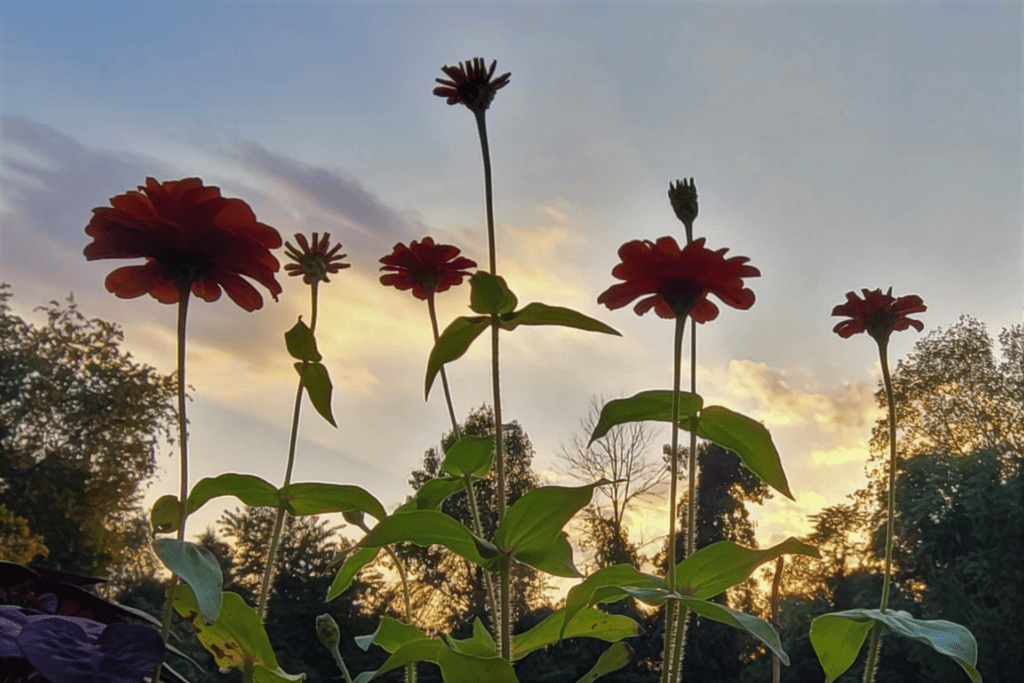

Every year, on July 18th, the birthday of the great Nelson Mandela, the world celebrates Nelson Mandela International Day. In his 95 years, he lived many lifetimes of accomplishment for the greater good of humanity.
He is best known for his human rights work, peacefully fighting and enduring much hardship in service of better conditions for all people.
There is a lesser-known side of Nelson Mandela. He was an environmentalist. He very clearly saw the connection between the people and the planet. He knew people could not be completely free unless our human relations and environmental relationships were improved.
In remembrance, reflection, and honor, let the following words from Nelson Mandela touch your heart.


It was just a small slice of nature that restored his hope that freedom could be possible someday.
Some mornings I walked out into the courtyard and every living thing there, the seagulls and wagtails, the small trees, and even the stray blades of grass seemed to smile and shine in the sun. It was at such times, when I perceived the beauty of even this small, closed-in corner of the world, that I knew that some day my people and I would be free.
– Nelson Mandela, Long Walk To Freedom
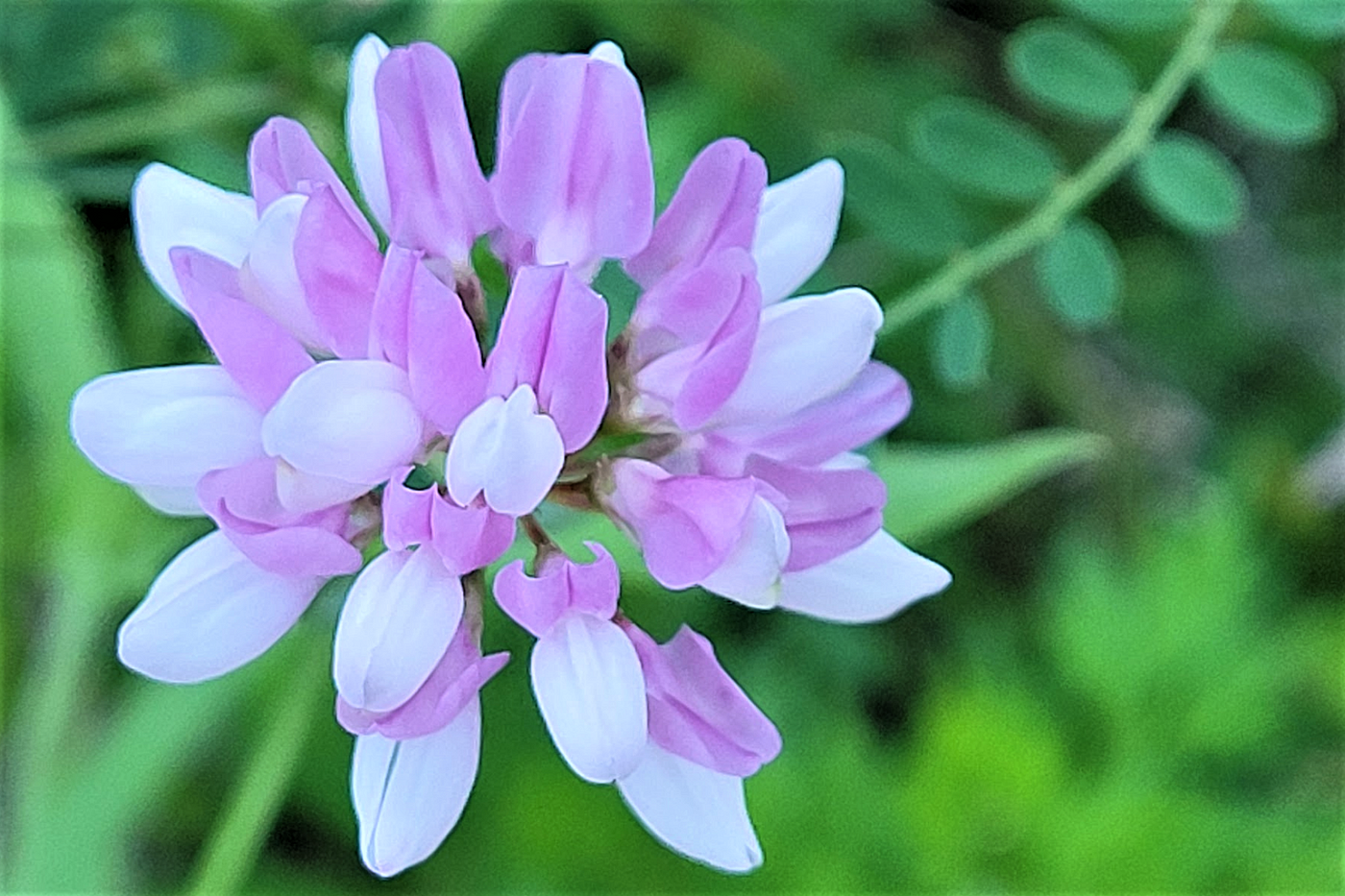

In his inauguration speech on May 10, 1994, he said:
Each time one of us touches the soil of this land, we feel a sense of personal renewal. … We are moved by a sense of joy and exhilaration when the grass turns green and the flowers bloom.
— Nelson Mandela (Times Colonist)
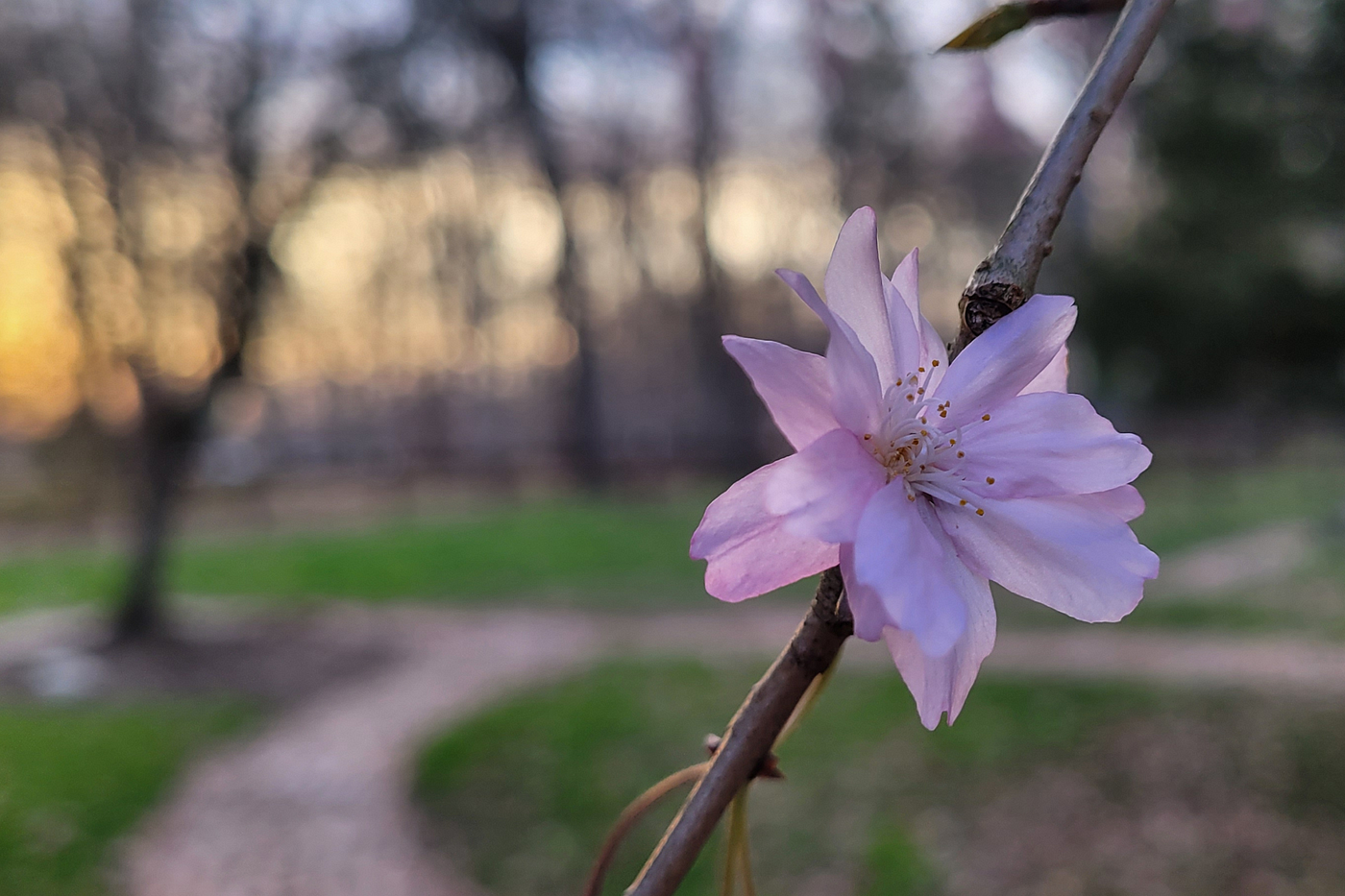

Politics did not overshadow environmental justice’s role in the world’s well-being.
We in South Africa have ourselves faced hard questions and had to make hard choices in this regard. We know that political freedom alone is still not enough if you lack clean water. Freedom alone is not enough without light to read at night, without time or access to water to irrigate your farm, without the ability to catch fish to feed your family. —Nelson Mandela
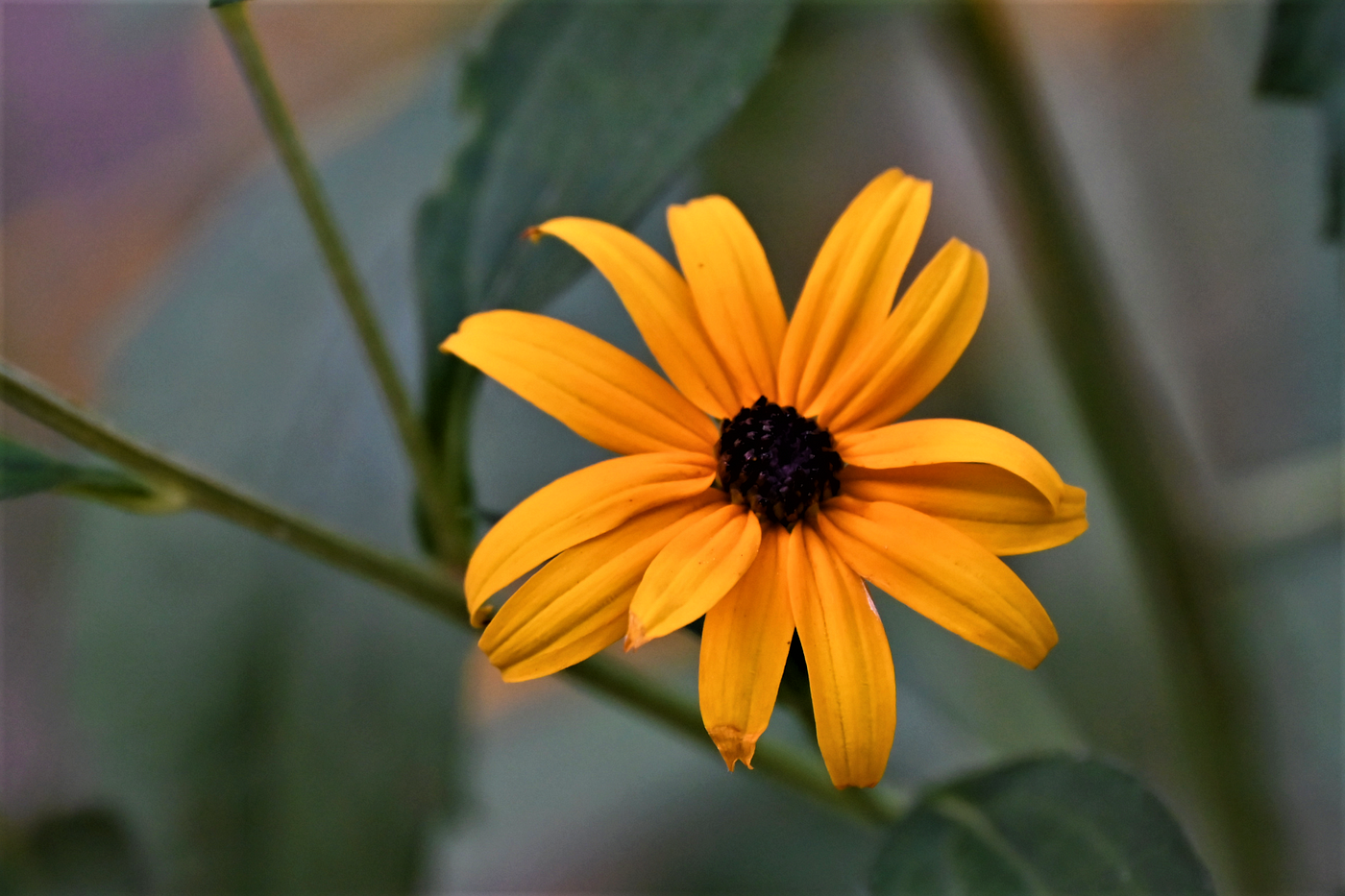

While in prison, he was granted access to a space on the roof where he cultivated a garden and grew produce.
To plant a seed, watch it grow, to tend it and then harvest it, offered a simple but enduring satisfaction. The sense of being the custodian of this small patch of earth offered a small taste of freedom.
— Nelson Mandela
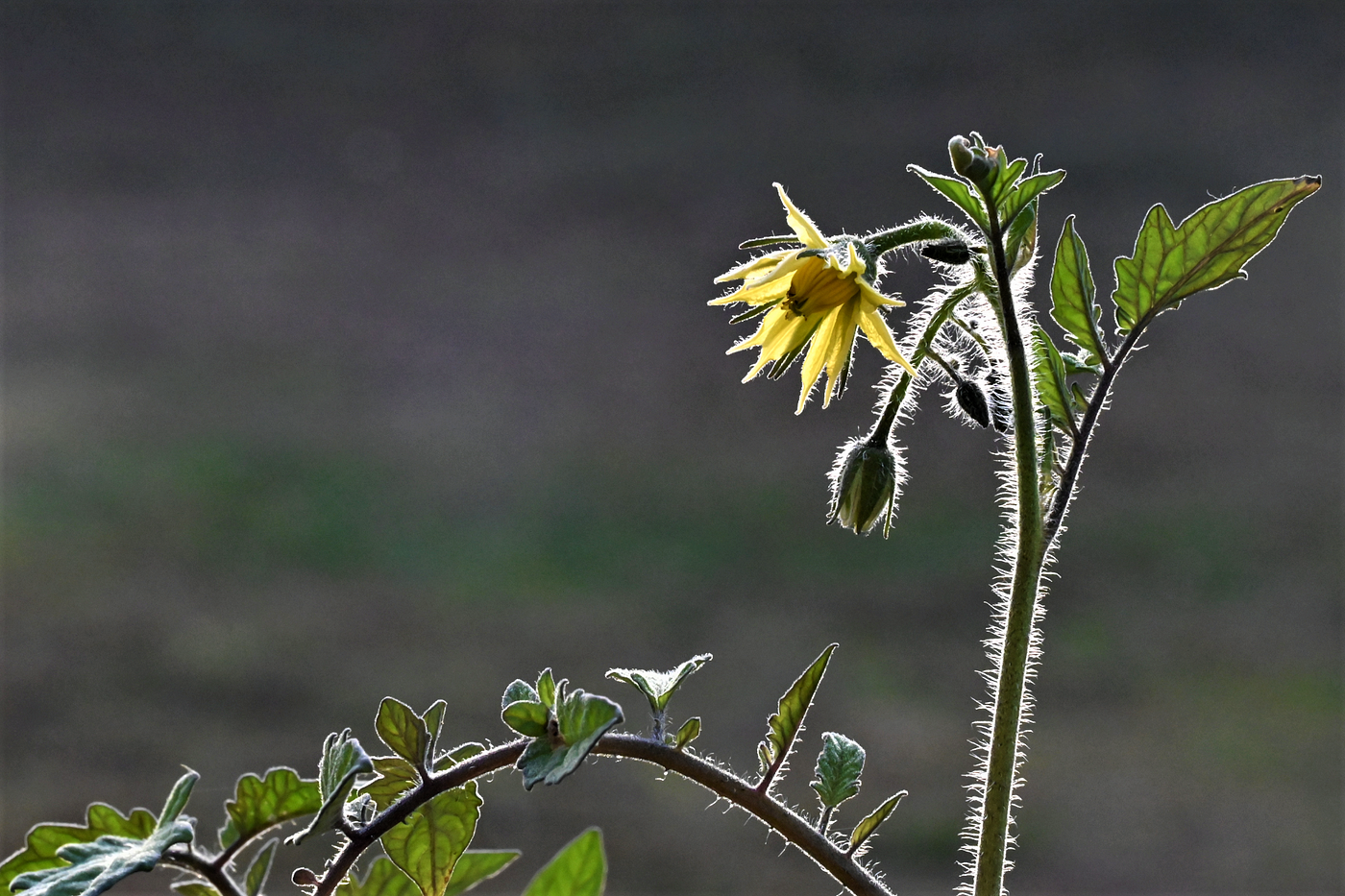

He supported the National Environmental Management Act and wrote this in the forward to the mission report:
Our people are bound up with the future of our land. Our national renewal depends upon the way we treat our land, our water, our sources of energy, and the air we breathe. … Let us restore our country in a way that satisfies our descendants as well as ourselves. —Nelson Mandela (Times Colonist)
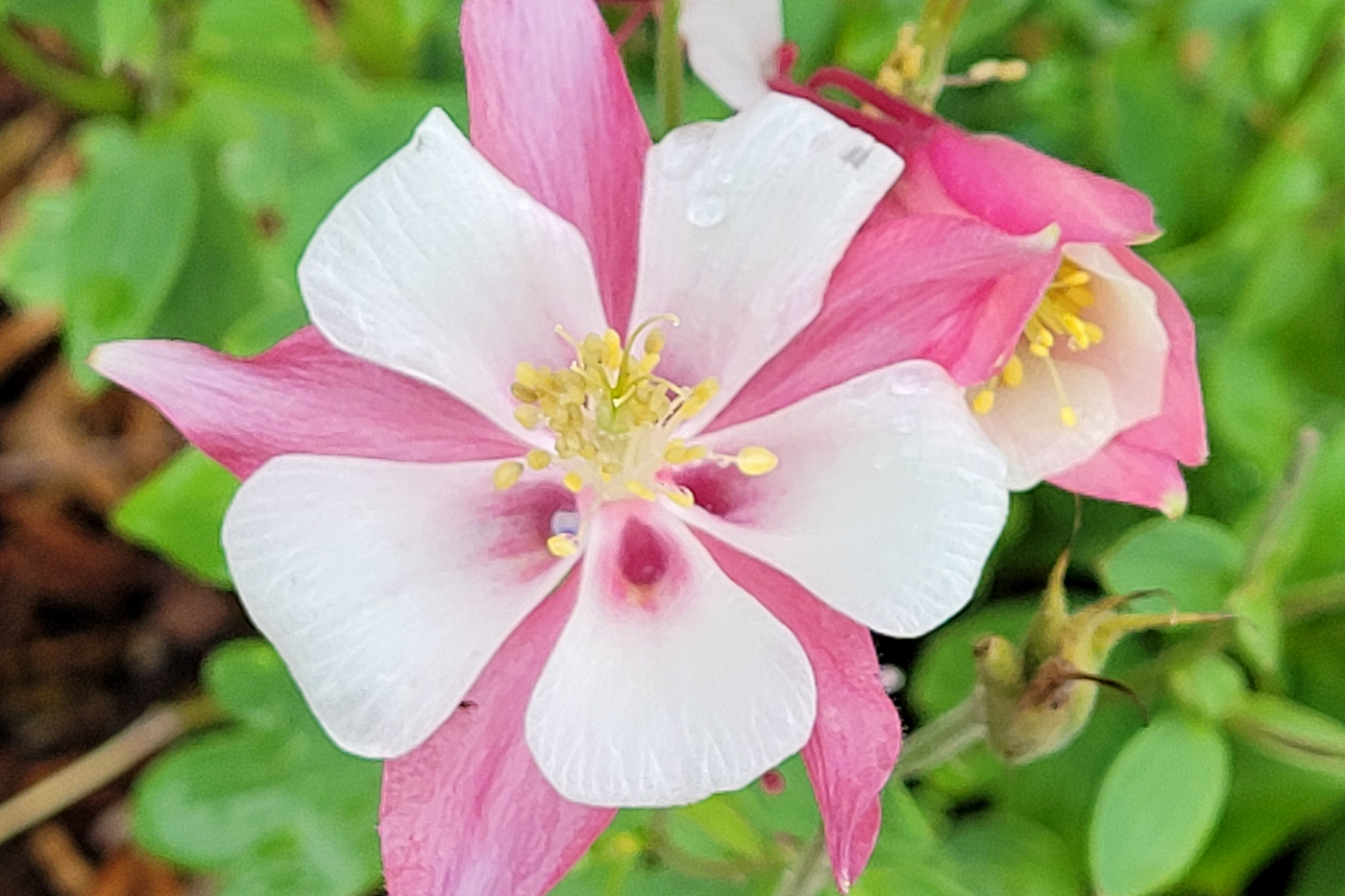

Observe and foster all wonders. This can lead to understanding and, ultimately, to more informed and intentional action.
Like all Xhosa children, I acquired knowledge mainly through observation. We were meant to learn through imitation and emulation, not through questions. When I first visited the homes of whites, I was often dumbfounded by the number and nature of questions that children asked of their parents — and their parents’ unfailing willingness to answer them. In my household, questions were considered a nuisance; adults imparted information as they considered necessary.
– Nelson Mandela, Long Walk to Freedom
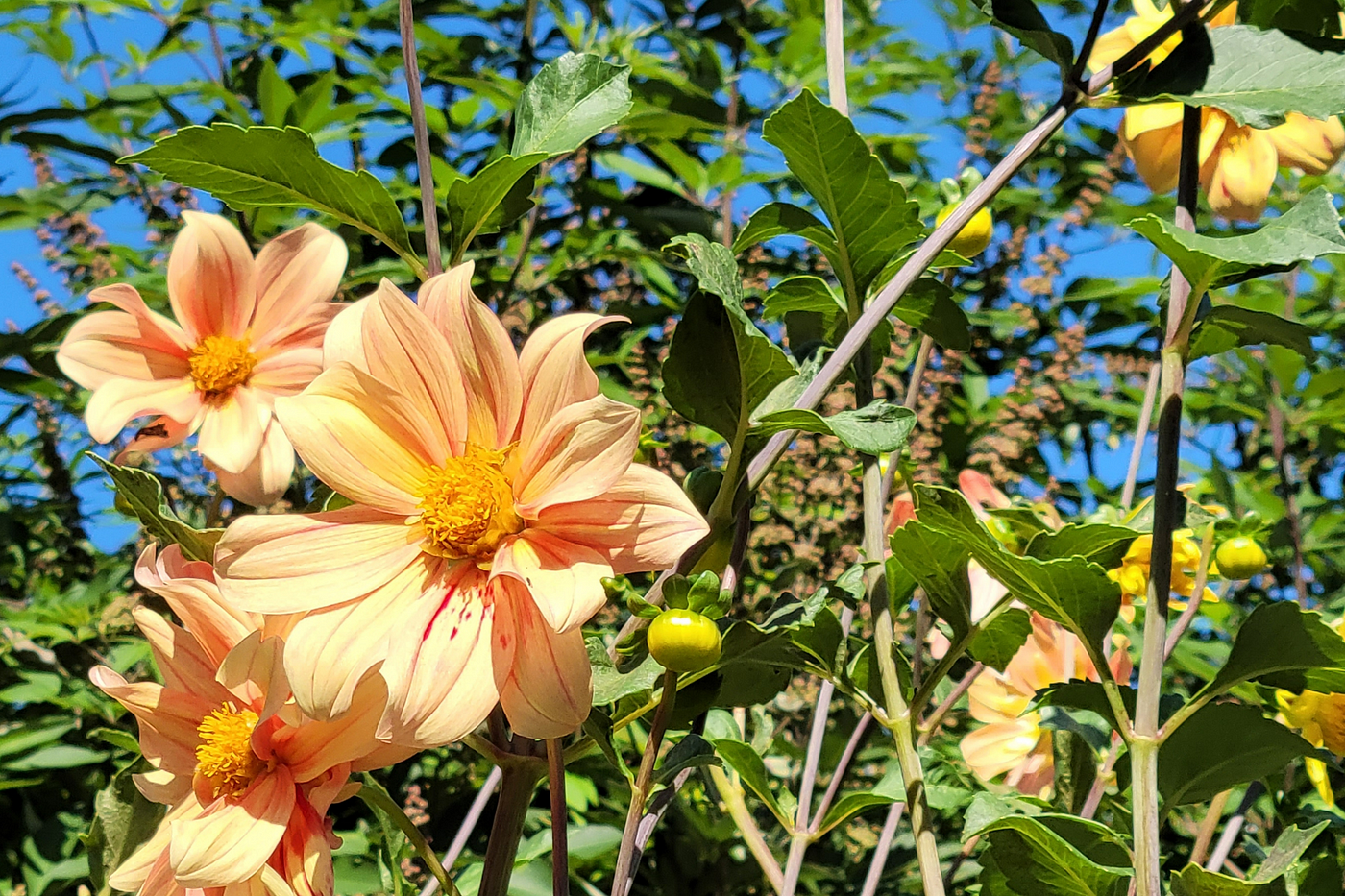

The world that formed my father was very close to his heart, even throughout his 27 years in prison, he spoke fondly of Qunu, the world that formed him. This is why the African Icons and Homeland sketches are a tribute to the land, environment and animals, which impacted so powerfully on his life. It was his way of celebrating his history, lineage and his heritage. — Dr. Makaziwe Mandela
The Window and Robben Island I and Gulls are three links to check out his artwork.
As with the long list of contributions and accomplishments in politics, social justice, and personal sacrifice, Nelson Mandela should also be remembered for being ahead of his time in his above-and-beyond fight for environmental justice. He understood and stood for the connection between the health of our planet and the health and wellness of all people. He left us in awe.
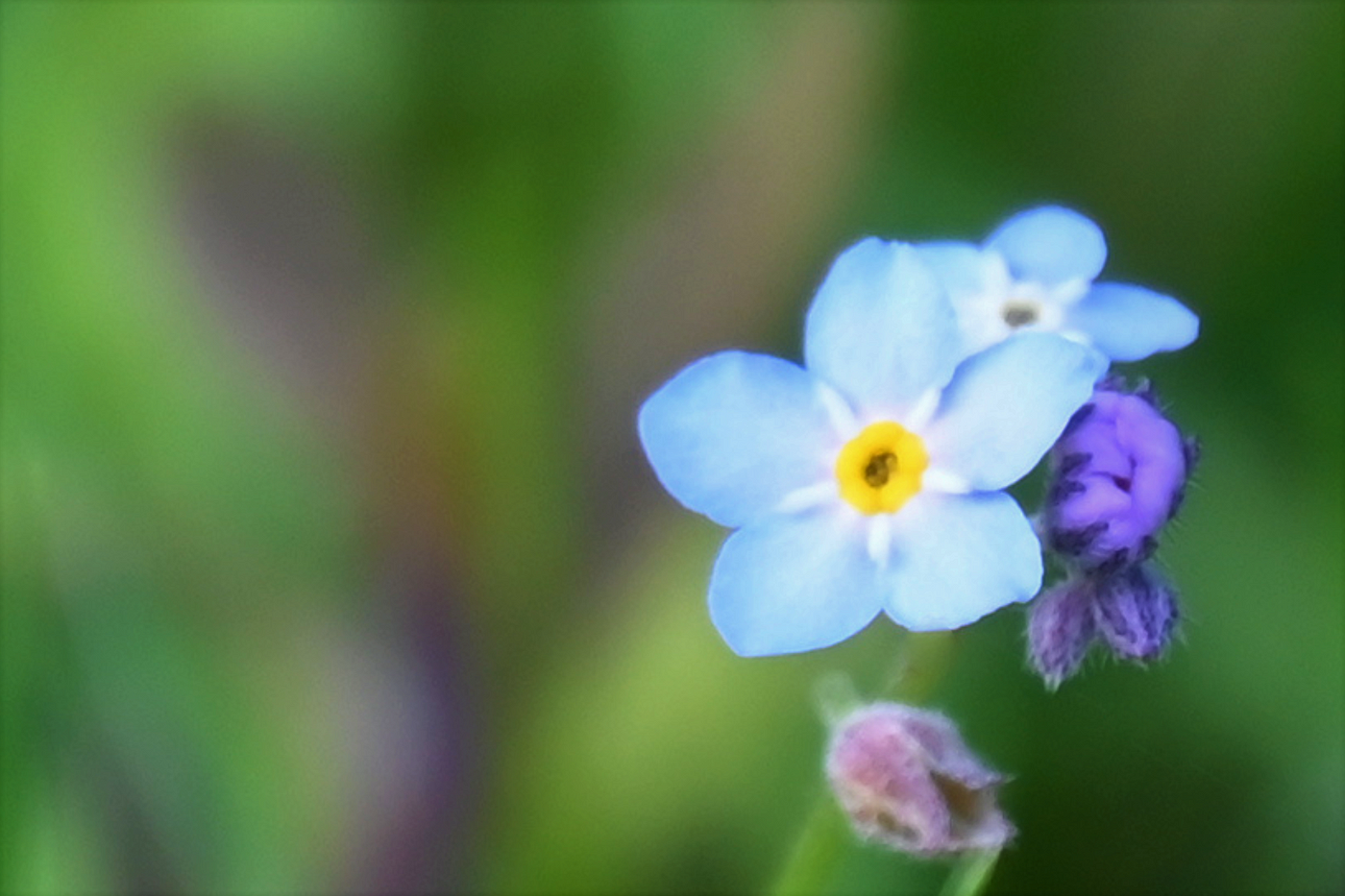

If you want to join us at For Awe as a writer to share your stories, click here.
If you want more ideas about how to add awe practices to your life, or how to share your awe experiences, check out our prompts and challenges, click here.
Want to become a Medium Member:
Sign up for the Medium membership to receive unlimited access to my stories and the stories of many other great writers. (I will receive a small commission if you use this link.)
About My Writing Journey — For Awe — Awe Store — Vantage Points for Awe
*Some links are affiliate links (All Photos by Author, K.Barrett.)
